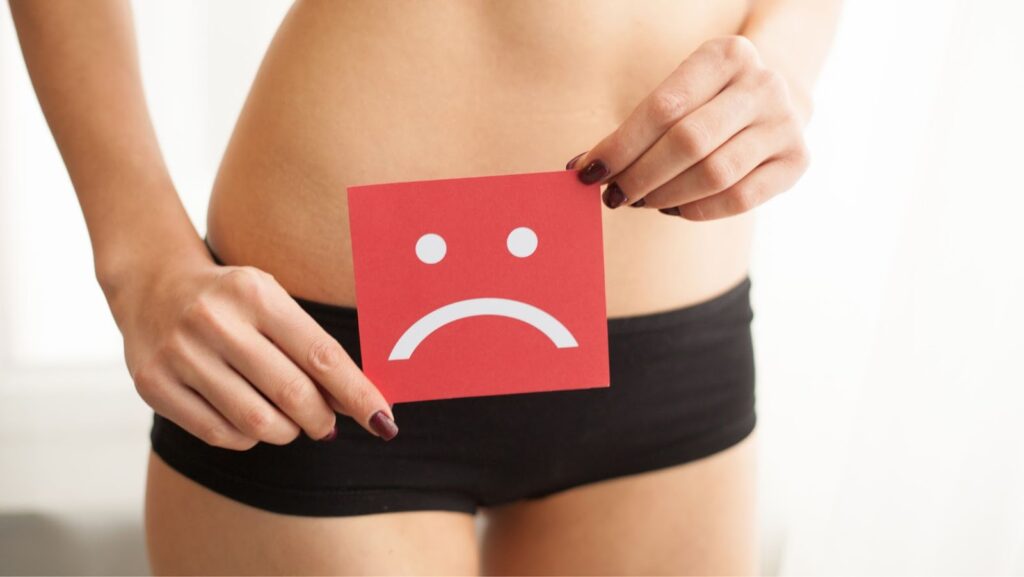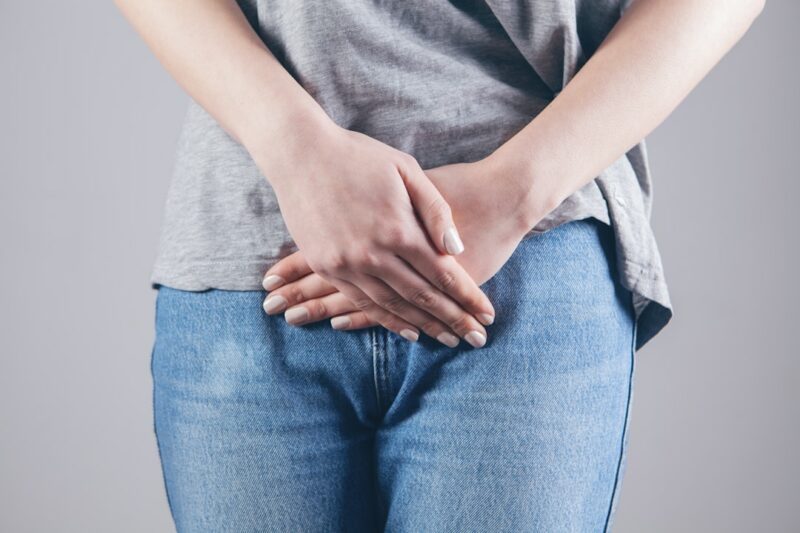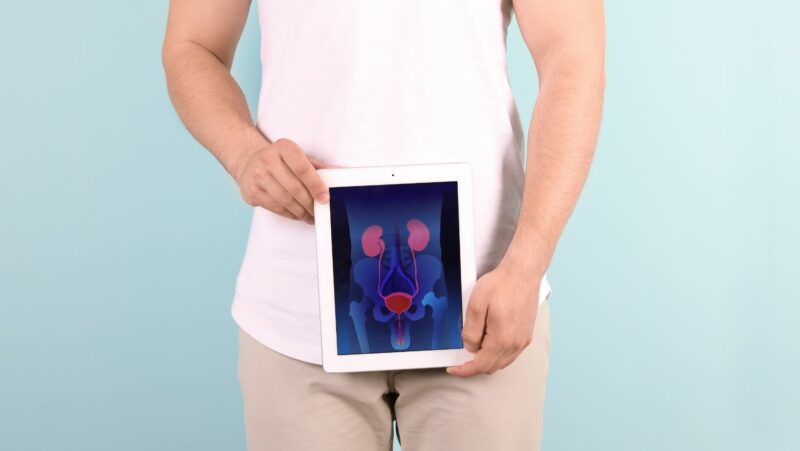
Well, if you are reading this article, it’s probably because things have been a little dryer down there than you would like. We’re talking about vaginal dryness, and it’s a completely normal thing to experience, and there are options on how to treat it.
First of all, what is vaginal dryness? The vagina naturally produces moisture which acts as a lubricant and fosters an alkaline environment. This helps sperm survive so that they can reach the egg during reproduction. The body will naturally increase the production of moisture when aroused to also reduce the friction that is created during penetrative intercourse, oftentimes making intercourse more enjoyable. However, many women may begin to experience vaginal dryness. Their bodies might stop producing as much moisture as they used to. When this happens, women can experience more painful intercourse, soreness, increased urinary tract infections, and an overall loss of interest in sex.
Now, there are several reasons why a woman might be experiencing vaginal dryness. The most common cause is menopause. The hormone estrogen triggers the production of vaginal moisture, and as a woman experiences menopause, their body will gradually produce less and less estrogen, thus sometimes causing vaginal dryness. This also happens to women after childbirth. It is very common for new moms to experience dryness and painful intercourse after delivery.

Vaginal dryness can also be brought on by different medications. If you have recently begun taking a new medication and are experiencing vaginal dryness, consult with your doctor to see what your options are. Vaginal dryness can also be brought on by stress, smoking, depression, recent surgeries, or treatments for cancer.
If you are experiencing vaginal dryness, there are options on how to treat it. First, your doctor may prescribe hormone therapy, wherein you would take estrogen supplements; these prescription medications can be systemic, such as an estrogen patch that is applied to the skin and releases estrogen into the bloodstream; another option is localized vaginal estrogen cream that is inserted a couple of times a week. These hormone therapies increase the production of vaginal moisture.
If you do not want to take hormones, there are various lubricants and creams that can reduce dryness and lessen the feelings of discomfort. For lubricants, be selective when choosing the lubricant you use. Try to find a lubricant that is free of dyes and perfumes and is water-based. Products like these are better for the overall health of your vagina and will help your vagina maintain a healthy pH. Is it also important that the lubricant you are using has a similar osmolality as vagina tissue. Do your homework, as not all lubricants are created equal, and some of the inexpensive lubricants can actually cause dryness.

If you want to go the natural route, many women have found that increasing their intake of soy has helped them. The compounds found in soy products, like soybeans or soy milk, have been found to closely mimic the effects of estrogen and could provide some relief. Others have found success using supplements such as Wild Yam or Black Cohosh, although more research is needed on those supplements. Be sure to consult with your doctor before beginning a new supplement treatment.
Just because you are currently experiencing vaginal dryness does not mean you always will. Talk to your doctor and explore the wide world of lubricants available to you, and soon, your issues with vaginal dryness could be a thing of the past.











